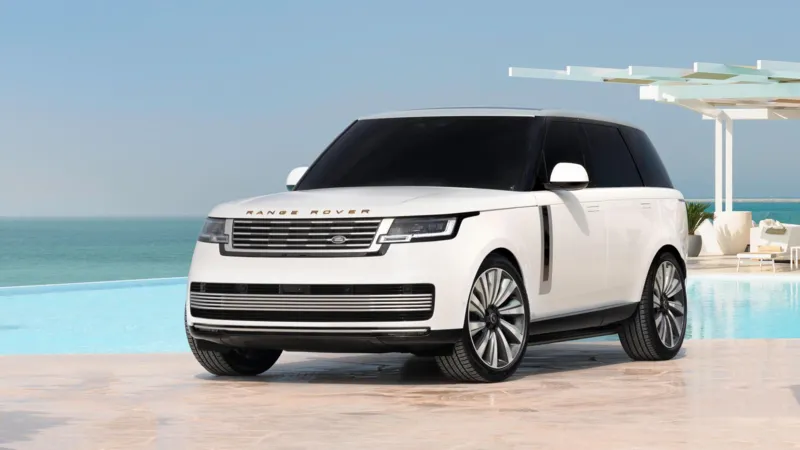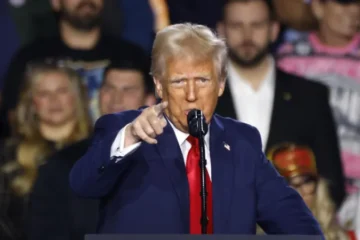
The UK motor industry is being consulted over how the phasing-out of new petrol and diesel cars by 2030 will work, the government has announced.
The ban on sales of these vehicles had been extended to 2035 under the previous Conservative government but Labour said it would restore the 2030 deadline in its election manifesto.
Transport Secretary Heidi Alexander is now seeking views from automotive and charging experts to “restore clarity” on how to deliver the ban.
Car industry leaders have warned drivers were not switching to electric vehicles at the rate needed to meet the deadline due to the cost of buying the cars privately and charging point infrastructure.
Last month, Ford said the UK government’s mandate to produce and sell more electric vehicles (EVs) “just doesn’t work” without demand.
Lisa Brankin, Ford UK’s chair and managing director, told BBC Radio 4’s Today programme: “The one thing that we really need is government-backed incentives to urgently boost the uptake of electric vehicles.”
The Department for Transport said the consultation would “restore clarity for vehicle manufacturers and the charging industry” so they “have the confidence to invest in the UK in the long term and drive growth in the UK automotive industry”.
‘The price point is crazy’

But some say they are not yet sold on switching to EVs. Kaylan Evans from London said she wouldn’t buy an electric car because “the price point is crazy”.
“I don’t like the element of relying on charging points and stations when the infrastructure isn’t that set up at the moment,” she added.
She said she and her husband are sticking to their petrol car for now.
Meanwhile, Angelina who is also from London says living in a block of flats there is not “an option to charge” vehicles there and wondered how having a personal electric point installed would affect electricity bills.
She wants to move away from her diesel car because of “the rising cost of fuel and the environmental issues”.

Hybrid sales
The government said the consultation would be part of a “wider push” to make it easier and cheaper to charge electric cars.
There are now more than 72,000 public charging points in the UK, with another 100,000 planned by local authorities across England, according to the government.
The lack of sufficient charging infrastructure, particularly in rural areas and homes without private parking spaces poses an issue as well – one that analysts will take several years to resolve.
The cost of EVs remains a barrier to people switching as even the most affordable models are still pricier than their petrol or diesel counterparts.
The government said EVs made up one in four cars sold in the UK. It said industry data put 1 in 3 used electric cars at under £20,000.
Edmund King, president of the AA, said drivers have been “hesitant about the transition but not hostile” but the consultation would bring more clarity and certainty.
Mike Hawes, chief executive of the SMMT, said it was “imperative we get an urgent resolution” to adapt the mandate to help car makers achieve it along with “bold incentives” to get drivers to buy electric vehicles.
The consultation proposes updates to the Zero Emission Vehicle (Zev) mandate, which sets out the percentage of new zero emission cars and vans that manufacturers will be required to sell each year up to 2030.
In 2024, EVs must make up 22% of a carmaker’s car sales, and 10% of van sales. This target is set to rise. Firms failing to meet these targets face a £15,000 fine per sale.
Companies can avoid fines by buying “credits” from firms that have exceeded their quotas for electric car sales. They can also “borrow” allowances from future years.
The Energy and Climate Intelligence Unit (ECIU) think tank said target required to be achieved by each manufacturer was due to be reached as an average across the industry because these credits would be taken into account.
Colin Walker, transport lead at the ECIU added: “Certain manufacturers are proving themselves not just equal but better to the task they’ve been set. The likes of BMW, Mercedes, Hyundai, for example. They are all selling more EV’s than they need to. It’s proof it can be done and that more ambitious targets in the years ahead can be hit.”


[…] defended the plan, saying that Mr Niccol was “one of the most effective leaders in our industry” and that his compensation was “tied directly to the company’s performance and […]